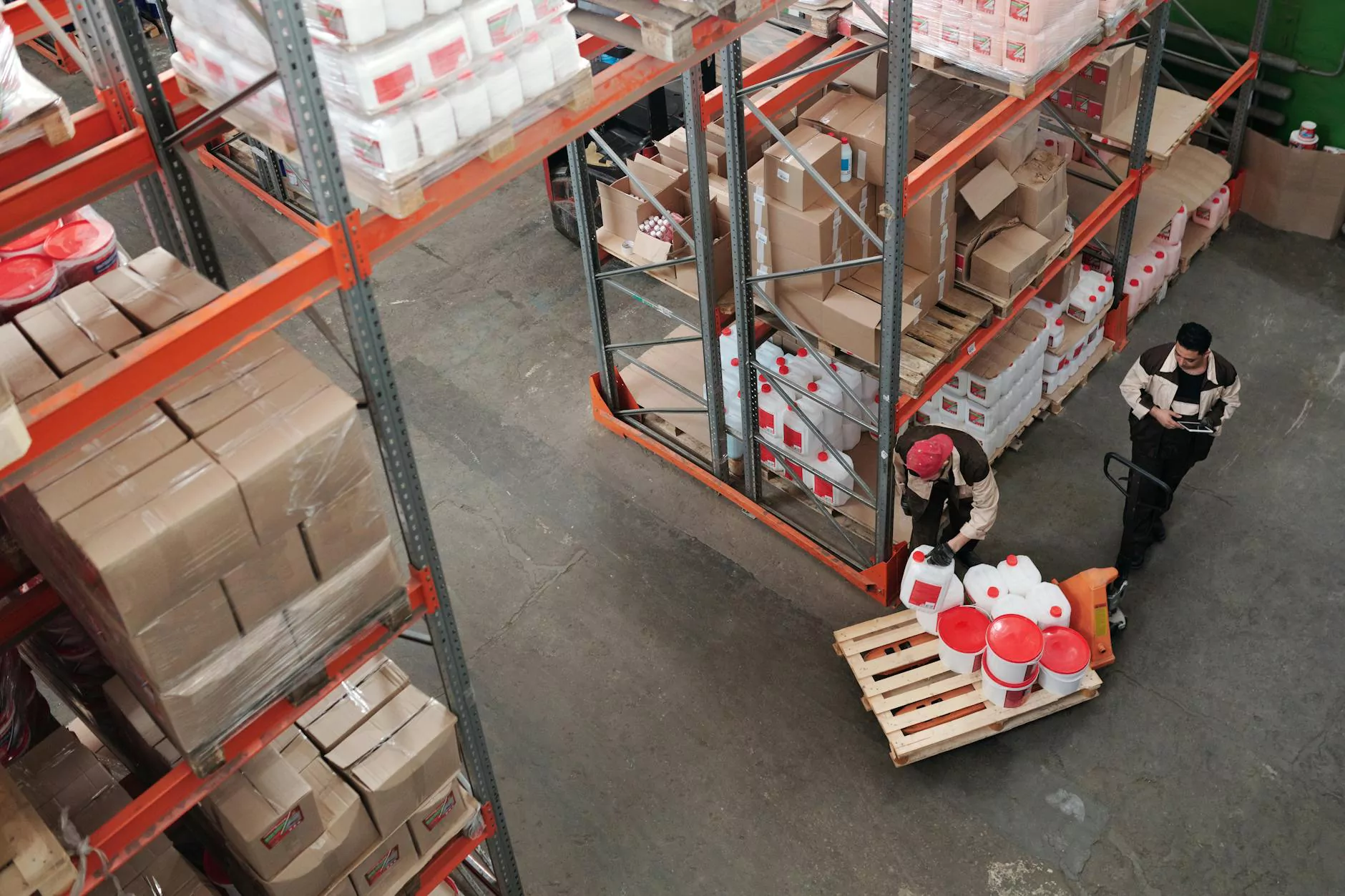Understanding Air Freight Cost Calculation: A Comprehensive Guide

Shipping goods internationally requires adept knowledge of various factors involved in logistics, with air freight being one of the most efficient and fastest modes of transportation. However, businesses often grapple with the complexities of air freight cost calculation. This article aims to demystify the calculations involved and offer insights into how businesses can optimize air shipping costs effectively.
What is Air Freight?
Air freight refers to the transportation of goods via cargo aircraft. It is particularly beneficial for businesses needing to move products quickly and safely. Unlike other transportation methods, such as sea or road freight, air freight can significantly reduce delivery times, making it preferable for perishable goods, time-sensitive products, and high-value items.
Why is Air Freight Cost Calculation Important?
Understanding the air freight cost calculation process is crucial for businesses aiming to maintain profitability. Accurate calculations allow companies to:
- Budget Effectively: Knowing freight costs aids in accurate budgeting and cost management.
- Optimize Supply Chains: Timely deliveries enhance customer satisfaction and streamline operations.
- Maintain Competitive Pricing: Offering informed pricing can give businesses an edge over competitors.
Key Factors Influencing Air Freight Costs
The air freight cost structure is influenced by several factors. Understanding these can help businesses in their air freight cost calculation:
1. Weight and Dimensions of the Cargo
One of the primary determinants of air freight costs is the weight and dimensions of the cargo. Airlines utilize two primary measurements for charging:
- Actual Weight: The weight of the cargo as measured on a scale.
- Volumetric Weight: A calculation based on the dimensions of the package, typically calculated as:
Volumetric Weight (kg) = (Length x Width x Height) / Dimensional Factor
Volumetric weight often determines the chargeable weight, which can lead to higher fees if the cargo is light but bulky.
2. Distance and Route
The distance between the origin and destination significantly impacts air freight costs. Longer routes typically lead to higher charges, as additional fuel and labor costs are incurred. Additionally, certain routes may have exclusive agreements with specific airlines, affecting pricing strategies.
3. Type of Cargo
Different types of goods have varying shipping costs. For instance:
- Perishable Goods: Require special handling and faster transportation, often incurring higher costs.
- Hazardous Materials: Demand compliance with strict regulations, influencing cost calculations.
- Valuable Items: May need insurance and specialty handling, affecting the overall price.
4. Shipping Method
Air freight can be categorized into two main types:
- Charter Services: Offer flexibility in routing and timing but come with a premium price.
- Regular Scheduled Services: Typically more economical but require alignment with flight schedules.
5. Carrier Choices
The choice of the freight carrier affects costs, as different carriers have different pricing structures, service levels, and surcharges. Factors such as reputability, the range of services provided, and speed of delivery should be considered when selecting a carrier.
Understanding Additional Charges
In addition to basic freight charges, businesses must account for various additional fees that can impact the total air freight cost, such as:
1. Fuel Surcharges
Fuel surcharges adjust according to current fuel prices. They are typically a percentage of the base rate and fluctuate frequently, impacting cost calculations.
2. Security Fees
Increased security measures, especially post-9/11, lead to mandatory security fees added to air freight costs to cover enhanced screening processes.
3. Insurance Costs
Insurance is critical for businesses shipping high-value or fragile items. This cost can be significant and should be included in the overall air freight cost calculation.
4. Handling Fees
Handling charges apply when goods involve special care at the origin or destination. This includes loading assistance, white-glove service, or expedited handling for sensitive goods.
5. Custom Duties and Taxes
International shipments incur customs duties and taxes, which vary based on the destination country and the nature of the goods. Understanding these is crucial to accurate cost calculations.
How to Calculate Air Freight Costs Accurately
Now that you understand the components influencing costs, here is a step-by-step guide to accurately estimating air freight costs:
Step 1: Gather Cargo Details
Collect detailed information about your shipment, including weight, dimensions, and nature of the goods. This information is essential for the initial calculation.
Step 2: Determine Chargeable Weight
Use either the actual weight or the volumetric weight to determine the chargeable weight, selecting the higher of the two for your calculations.
Step 3: Request Quotes from Carriers
Reach out to multiple carriers and request quotes, providing the cargo details and destination. Ensure that you ask for a comprehensive breakdown of all costs, including additional fees.
Step 4: Compare and Analyze Quotes
Upon receiving quotes, compare them carefully, considering not only price but also the service level provided, transit times, and carrier reputation.
Step 5: Calculate Total Cost
Sum the base freight charges and all additional fees to arrive at the total shipping cost. This clear total aids in comparing different shipping scenarios.
Step 6: Review and Adjust for Efficiency
After evaluating shipping options, identify areas where costs can be reduced, such as consolidating shipments or choosing alternative routing options.
Conclusion: Making Informed Air Freight Decisions
A solid understanding of air freight cost calculation not only streamlines your logistics but enhances your business's overall efficiency. By considering the various factors affecting costs, businesses can make informed decisions that optimize their shipping strategies and boost profitability.
To gain a competitive edge, it is crucial to frequently review and analyze your air freight expenses and adapt your strategy to current market dynamics. Implementing technology and solutions from organizations like cargobooking.aero can provide invaluable insights and automated tools for effective management of your logistics, thus ensuring your business thrives in the shipping industry.



